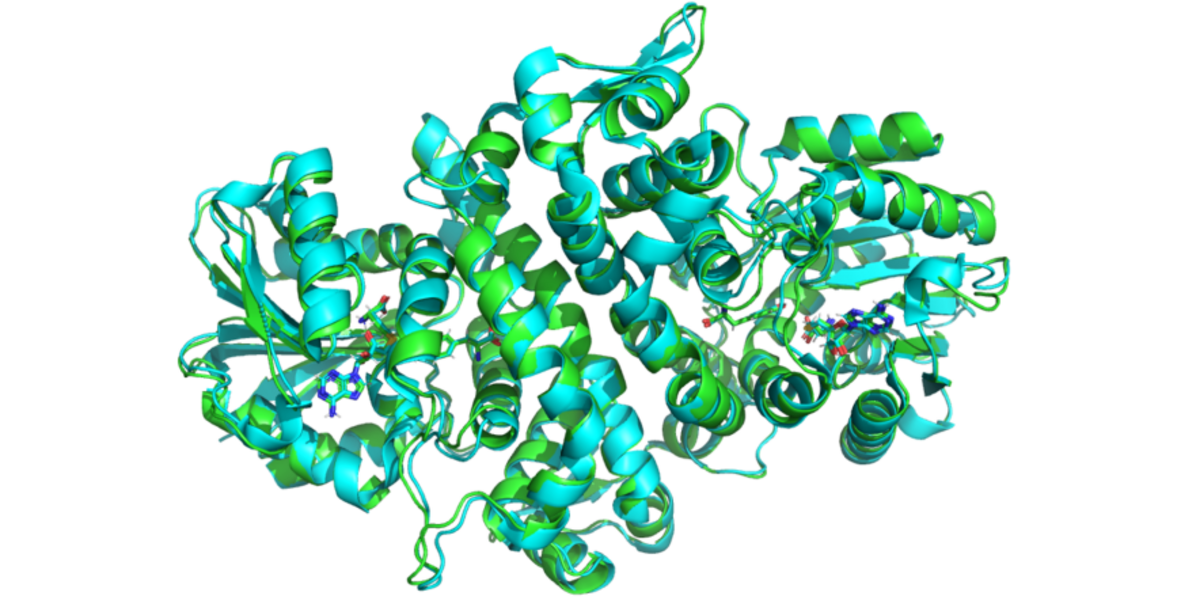Introducing Boltz-1 on Sherlock
December 19th, 2024 at 11:09 PM

We've received numerous inquiries about the availability of AlphaFold3 on Sherlock, and we understand the excitement surrounding this groundbreaking tool. AlphaFold, developed by DeepMind, revolutionized protein structure prediction and earned its creators the Nobel Prize in Chemistry. The latest iteration, AlphaFold3, promises even more accurate predictions and has generated significant interest in the scientific community.
We're actively exploring ways to make AlphaFold3 accessible to all Sherlock users, and to address a number of technical, but also legal, challenges associated with its use.
Immediate access to Boltz-1
In the meantime, we're pleased to announce that we're offering immediate access to Boltz-1, a new open-source AI model recently released by MIT, designed to accurately model complex biomolecular interactions, and that achieves state-of-the-art performance at the level of AlphaFold3.
As stated by its developers:
Boltz-1 stands as the first fully commercially available open-source model to achieve AlphaFold3-level accuracy in predicting the 3D structure of biomolecular complexes. This marks a significant step forward in democratizing access to advanced biomolecular modeling. By releasing training and inference code, model weights, and training data under the MIT license, we aim to establish Boltz-1 as a modeling backbone for researchers worldwide, setting a new standard in open-source structural biology.
To access Boltz-1 on Sherlock, users can simply load the py-boltz module, in the biology category, and start predicting structures:
$ ml biology py-boltz $ boltz predict <input_path> --use_msa_serverWe appreciate your patience as we work towards potentially implementing AlphaFold3 on Sherlock. As always, we remain committed to providing our users with cutting-edge tools to support their research endeavors.
For any questions or concerns, please don't hesitate to contact the Sherlock team at srcc-support@stanford.edu.
Did you like this update?
![]()
![]()
![]()
